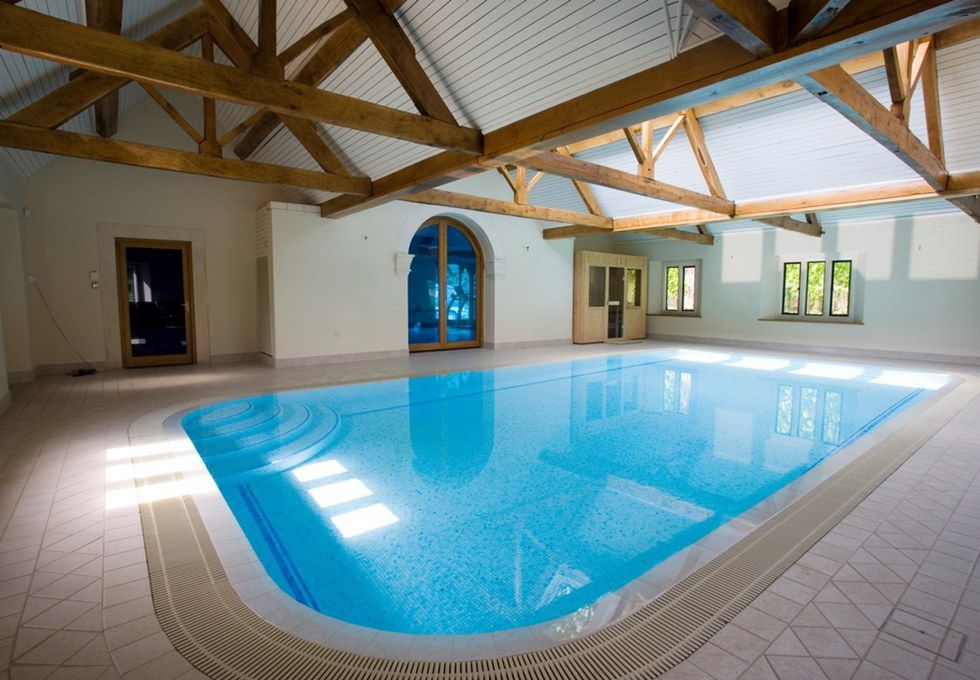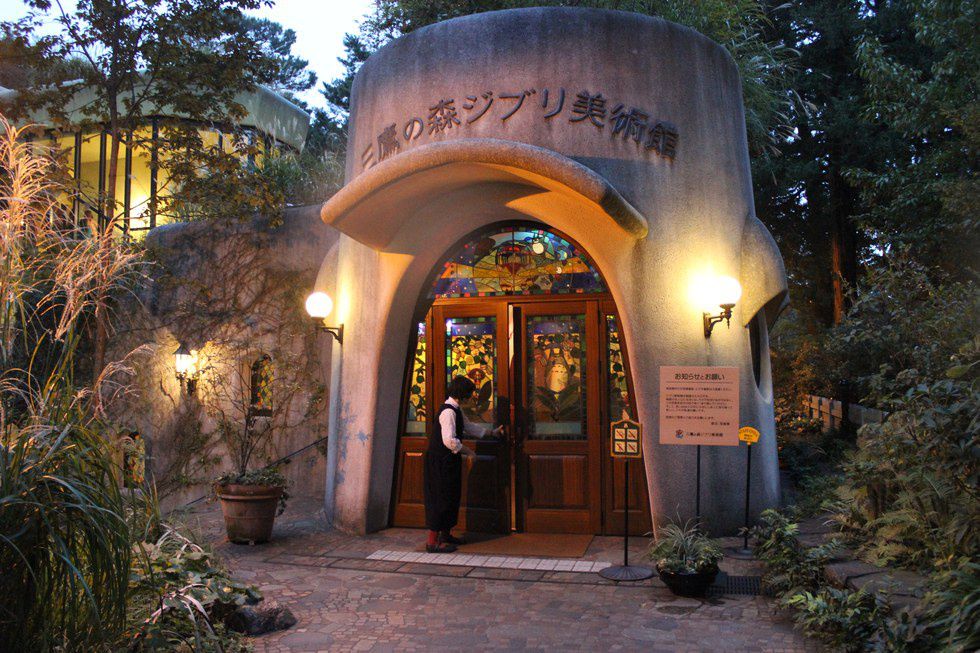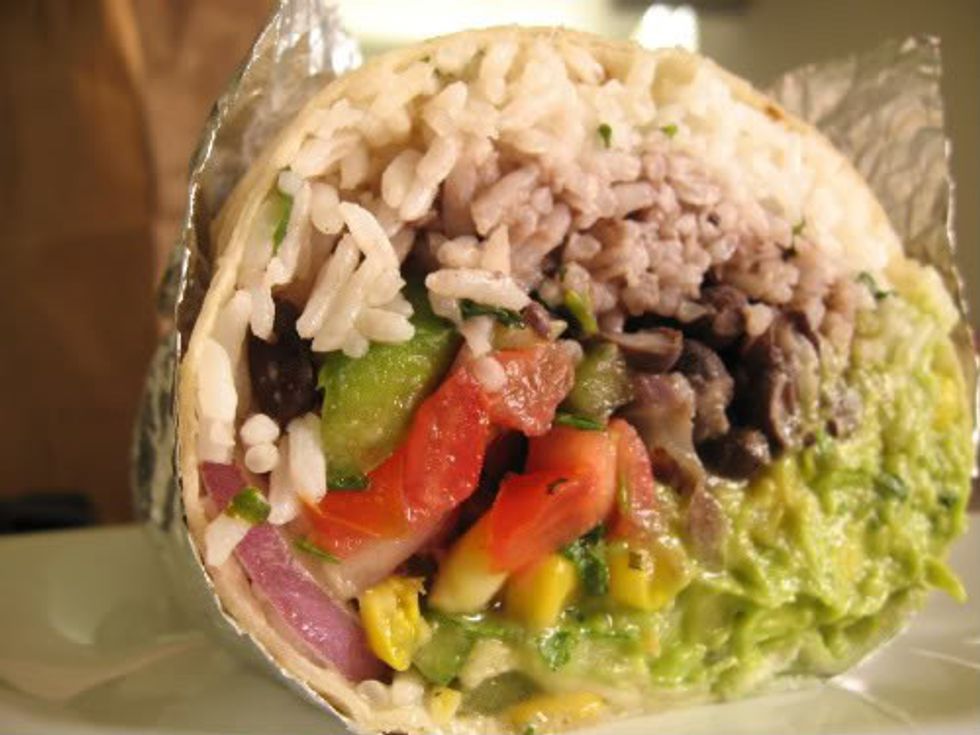"What happens to a dream deferred?"
—Langston Hughes, "Harlem"
"Student loan debt" are three of the scariest words you can say to a college student, right after "being responsible adults" and "making medical appointments." In today’s world student debt is pretty much unavoidable. Between 2004 and 2014 there was a 56 percent rise in the amount of debt held by graduating seniors, and the current average amount of debt per person is $28,950. I am no exception. When I graduate next year, I will have approximately $27,000 of debt to pay off, and that's not even considering my parents' debt. This is a colossal number, one that I can almost feel bearing down on me. No college student is unaware of their debt, but the U.S. as a whole has perhaps been paying more attention to it recently due to the presidential campaign, and one candidate in particular: Bernie Sanders. His proposals about free higher education have been met with everything from outrage to jubilation. Should this ever become a reality, here are a few things I could buy with my $27,000.
1. I could purchase a small(ish) indoor swimming pool: Having $27,000 would make me feel rich, so why not act like it? According to this website, indoor swimming pools run from $20,000 to $100,000, so a small one, installed in my basement, could be within my limit. I love swimming, preferably in Lake Erie, and having a pool in my house would be awesome.
2. I could take a trip around the world: Or, alternatively, about six and three-quarter individual trips to one country, according to this site. This would vary a bit, depending on where I go, but one travel site estimated an average cost of $25,000 for a world tour. I’ve been to England and the Galapagos Islands, but I have always wanted to see more of the world. If I got the chance to travel the globe, I might never come home.
3. I could get five full-sized TARDIS replicas: I could put one in every bedroom in my house, plus my living room. Or maybe I’d put all five in my yard.
4. I could visit the Studio Ghibli Museum in Japan 3,020 times: I’ve been told it’s not a big museum, but I’d probably still enjoy it. I’ve loved their films since I was terrified by "Spirited Away" as a child.
5. I could buy 4,153 veggie burritos at Chipotle.
6. I could donate approximately 270 textbooks to a grade school: K-12 textbook prices are on the rise, running higher than $100 in some cases. Poorer districts in particular can’t afford books for all their students. This is only one of a myriad of issues facing public education in this country, including the unconstitutional funding of districts, but simply possessing textbooks are perhaps the most basic part of education.
7. I could donate a wireless computer lab to a grade school: Brick-and-mortar desktop style computer labs are being used less and less, replaced with a cart of laptops or iPads that can be taken to individual classrooms. Whether or not you believe the UN that internet access is a human right, it’s important for students to be exposed to all sorts of programs and have as many resources as possible at their disposal.
As of 2015, 40 million people owed $1.2 trillion worth of student debt. If we pooled that money we could afford to buy a new space shuttle for NASA, deal with all the lead-contaminated paint in America, buy a textbook for every k-12 student, and have money left over for universal health care, social security, and investing in clean energy solutions. Or, you know, making higher education free.
None of this means I undervalue education. The average college-educated 25-32 year old will make $17,500 more than those with only a high school diploma. We have higher satisfaction and overall employment rates. And aside from everything else, I truly love my classes and my college experience. However, I don’t think this huge advantage should be offered only to those who can afford it or are willing to saddle themselves with ridiculous amounts of debt that they may spend decades paying off – or may have to default on. It's even worse for those whose parents can't afford to help, which limits choices even further. I know there are tons of barriers to education, even if we made college free (the lack of k-12 textbooks and other resources, for one) that would prevent equal access to universities. Free college education is not the only thing we have do to fix education in this country, but it seems like a good first step. If we still think of education as “the great equalizer” then getting rid of some of the barriers around it seems like the very least we should do.





























